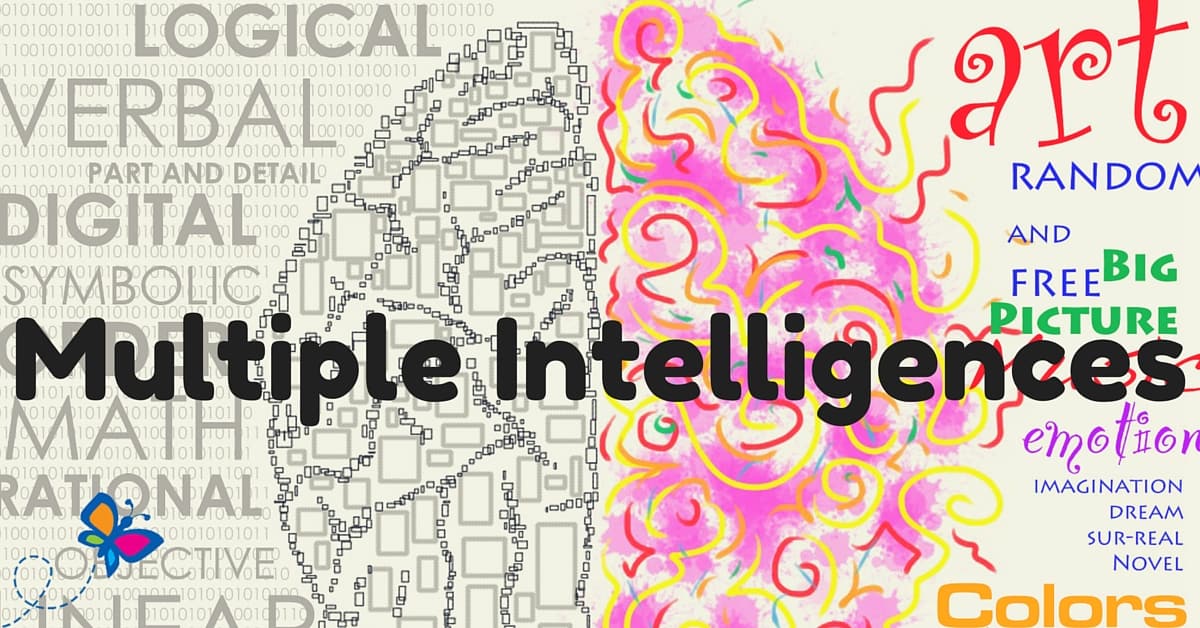 Dr. Mattix started with a simple activity, we wrote our names, countries and the words which describes us in a piece of paper. It was a mnemonics for her. My word was Visionary, because I like to think about the future with my feet in the present, think about projects for a medium and long term. Like usually Trust was making us laugh with his funny explanation about him. He is happy because in his home is happy, at GMu is happy and everywhere is happy. :)
Dr. Mattix started with a simple activity, we wrote our names, countries and the words which describes us in a piece of paper. It was a mnemonics for her. My word was Visionary, because I like to think about the future with my feet in the present, think about projects for a medium and long term. Like usually Trust was making us laugh with his funny explanation about him. He is happy because in his home is happy, at GMu is happy and everywhere is happy. :)
We played TIC TAC TOE, which allowed us to know each other more. For instance Viktoryia speaks more that 5 languages, Elvin has been in more than 6 countries, Appia had a cat as pet but he ate it, Trust has two daughters and 18 years working as a teacher, Nurgul has no kids, Elliot was invited by his president to have dinner, Marlene is the youngest in the group, and much more.
We identified challenges we have at schools with English Learners that are common in different countries, e.g: English learners aren't motivated in learning english, the pronunciation is a tough task, learners forgets the topics year by year, irregular verbs is difficult for them to memorize, among others. The succesful things we have done with them are for example practicing with online games, combining some topics with kinesthetic activities and songs.
"Teaching English Learners is like track and field athletes in a competition"
Many students start but not all of them can succeed.
There are also factors that influence English learners' learning. My fellow Appia and I concluded:
- Plethoric classes
- Teacher's attitude
- Time for practicing the language
- Content or quality of the curriculum
- Extracurricular activities to suppport the teacher (clubs, karaoke, etc)
Then Dr. mattix shared some others
Two games were played. Why and because and white board slam. We enjoyed a lot. They can be easily played in our classrooms.









